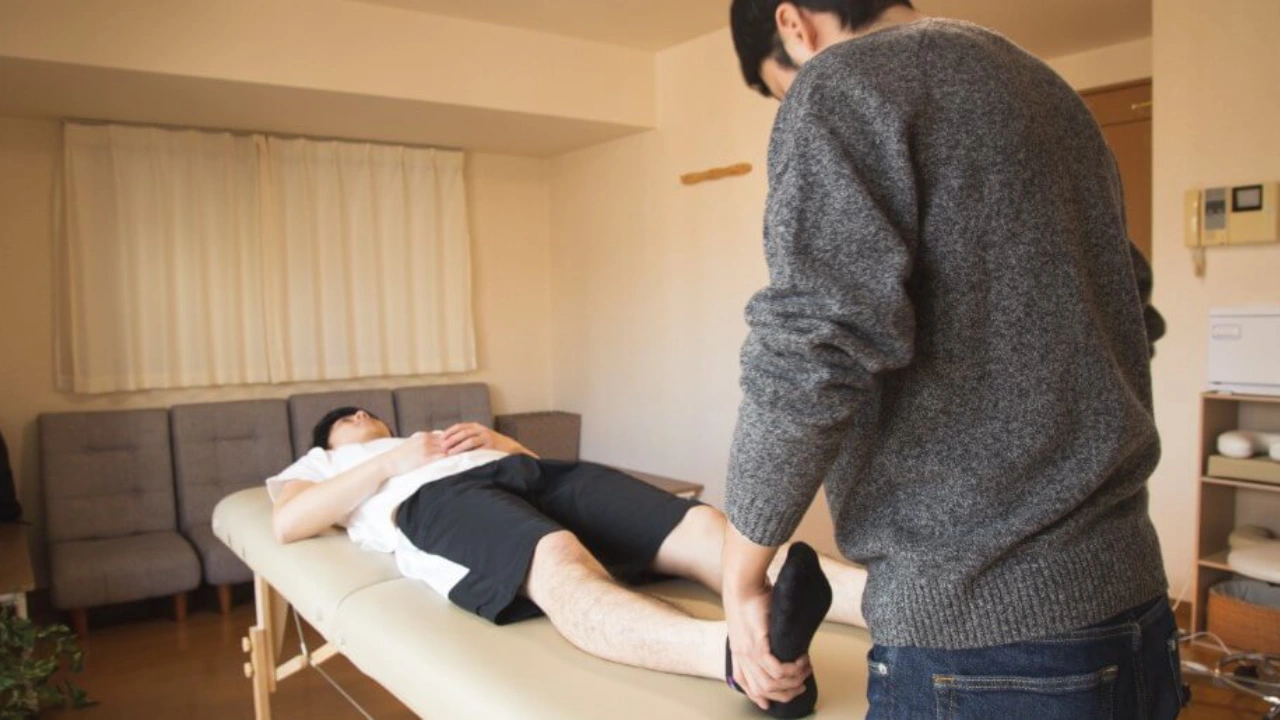Balance and fall prevention are critical aspects of maintaining a healthy and active lifestyle, especially as we age. Physiotherapy, a specialized field of healthcare, offers effective solutions to enhance balance and reduce the risk of falls. In this article, we will delve into the remarkable ways in which physiotherapy can significantly improve your balance and prevent unfortunate falls.
Understanding the Importance of Balance
Before we dive into the realm of physiotherapy, it’s essential to grasp the significance of balance in our daily lives. Balance is not solely about staying upright; it plays a pivotal role in our overall well-being. Whether you’re walking, climbing stairs, or simply standing, balance is the foundation that ensures you remain steady and confident in your movements.
The Role of Physiotherapy in Balance Improvement
1. Comprehensive Assessment
Physiotherapists are experts in evaluating your current physical condition, including your balance and mobility. They conduct thorough assessments to identify any underlying issues that may contribute to balance problems. These assessments enable them to tailor a personalized treatment plan.
2. Targeted Exercises
One of the primary ways physiotherapy improves balance is through a regimen of targeted exercises. These exercises are designed to strengthen specific muscles, enhance flexibility, and improve posture. By focusing on these areas, individuals can regain stability and reduce their risk of falling.
3. Gait Training
Physiotherapists can provide specialized gait training to help individuals walk confidently and safely. This involves teaching proper walking techniques, which can make a significant difference for those struggling with balance issues.
4. Assistive Devices
In some cases, physiotherapists may recommend the use of assistive devices such as canes or walkers. These tools can provide added support and stability, especially during the rehabilitation process.
Fall Prevention Tips from Balance and Fall Prevention Experts
In addition to physiotherapy, experts in the field of balance and fall prevention offer valuable tips to minimize the risk of falls:
1. Home Safety Measures
- Remove tripping hazards like loose rugs and clutter.
- Install handrails in hallways and staircases.
- Ensure proper lighting in all areas of your home.
2. Footwear Matters
- Wear shoes with non-slip soles.
- Ensure your footwear fits well and provides proper arch support.
3. Medication Review
- Consult with your healthcare provider about the potential side effects of medications, as some may affect balance.
4. Stay Active
- Engage in regular physical activity to maintain muscle strength and flexibility.
5. Regular Eye Examinations
- Ensure your vision is up to par, as poor eyesight can contribute to falls.
Frequently Asked Questions
What is physiotherapy, and how does it help with balance and fall prevention?
Who can benefit from physiotherapy for balance improvement?
How does physiotherapy assess an individual's balance and mobility?
What types of exercises are typically prescribed in physiotherapy for balance improvement?
How long does it take to see improvements in balance through physiotherapy?
Are assistive devices like canes or walkers always necessary for balance improvement?
What are some practical tips for fall prevention at home?
Can physiotherapy help with balance problems caused by specific medical conditions or aging?
Is physiotherapy covered by insurance or healthcare plans?
Conclusion
In conclusion, physiotherapy stands as a valuable resource for individuals looking to improve their balance and prevent falls. Through personalized assessments, targeted exercises, and expert guidance, physiotherapists empower individuals to regain their stability and confidence in everyday activities. When combined with practical fall prevention tips, you can significantly reduce the risk of experiencing a fall-related injury. Prioritizing your balance and well-being is a step toward a healthier, more confident you.





